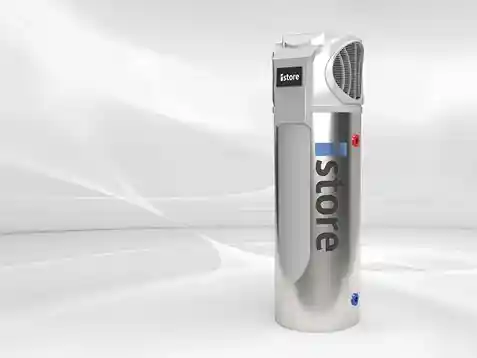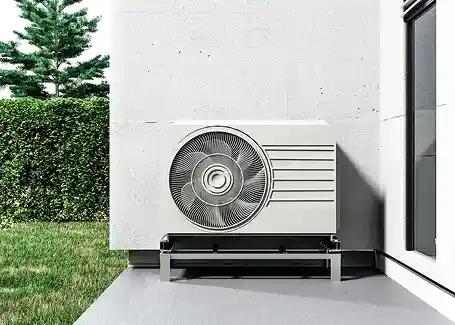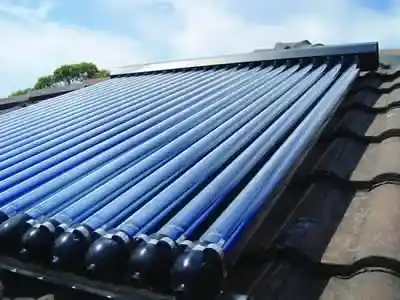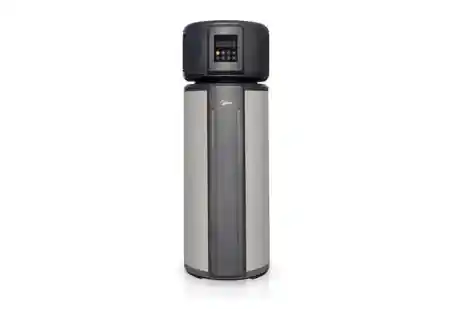Integrated vs split heat pump hot water systems
Integrated heat pump hot water system
The Integrated Heat Pump Hot Water System is a modern solution revolutionizing water heating efficiency. Combining heat pump technology with water heating, it maximizes energy savings while delivering consistent hot water supply.
By harnessing ambient air temperature, it extracts heat to warm water, drastically reducing energy consumption compared to traditional methods. The innovative system integrates seamlessly into residential and commercial settings, offering reliable performance and eco-friendly operation.
With its intuitive design and advanced features, it not only lowers utility bills but also reduces carbon footprint, making it a sustainable choice for modern properties.
Split heat pump hot water system
The Split Heat Pump Hot Water System is a smart solution for energy-efficient water heating.Comprising an outdoor compressor unit and an indoor water tank, it efficiently transfers heat from the air to the water, even in colder climates.
The entire setup reduces energy consumption compared to traditional water heaters, making it eco-friendly and cost-effective.
The outdoor unit extracts heat from the surrounding air, which is then transferred to the water in the tank.
With its split design, installation is flexible and convenient for various spaces. The system's efficiency and reliability make it a top choice for modern, sustainable water heating solutions.
Rebates for heat pump hot water systems
Unlock savings with rebates tailored for heat pump hot water systems, making eco-friendly choices financially rewarding. Embrace efficiency while lowering costs with exclusive incentives for sustainable home heating solutions.

NSW Home Energy Efficiency Retrofits (HEER) Rebate
The NSW HEER rebate encourages homeowners to switch to more energy-efficient water heating or lighting systems. This program covers a wide range of upgrades, such as improving air conditioning or insulation. The rebate amount is calculated based on the energy saved through these upgrades.
If you're upgrading to a heat pump water heating system, the rebate depends on whether you're replacing a gas or electric water heater. Essentially, the upgrade generates Energy Saving Certificates (ESCs), which can be sold to get the rebate.
Federal STC Rebate
Federal STC Rebate
The Small-scale Technology Certificates (STCs) are incentives offered by the government to encourage the adoption of energy-efficient technologies like solar panels and hot water systems. These certificates are generated based on the anticipated reduction in electricity consumption from installing these upgraded systems.
The quantity of STCs you receive varies according to your location (STC Zone) and the specific brand and model of heat pump you install. Each STC typically fetches around $36 when sold.

Solar Victoria – Hot Water Rebate

Solar Victoria – Hot Water Rebate
Victoria's hot water rebate is overseen by Solar Victoria and provides a $1,000 contribution for eligible customers. To qualify, you must meet these main criteria:
- Your household income should be below $210,000 per year.
- Your property value should be under $3 million.
- The hot water system you're replacing should be at least 3 years old.

